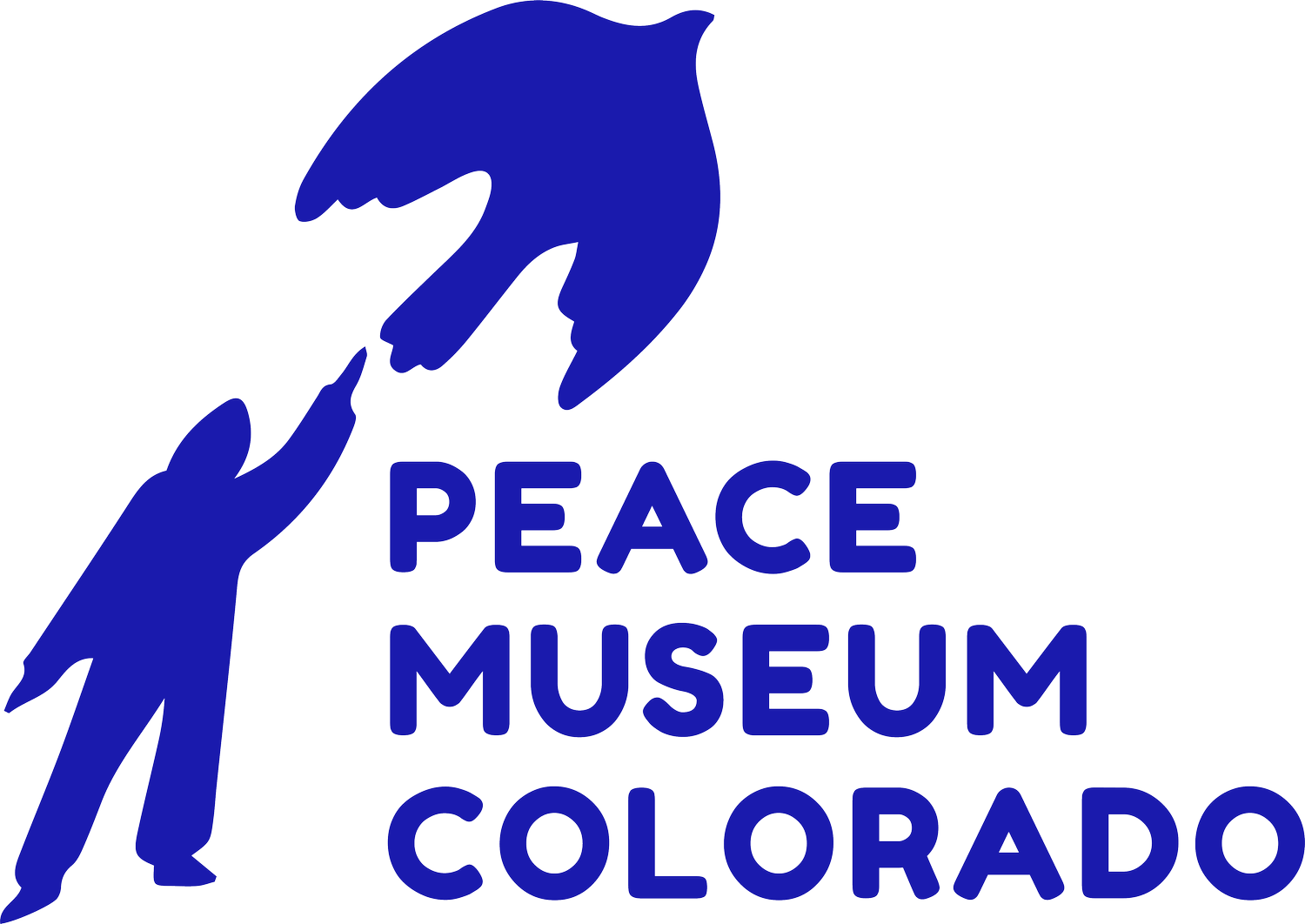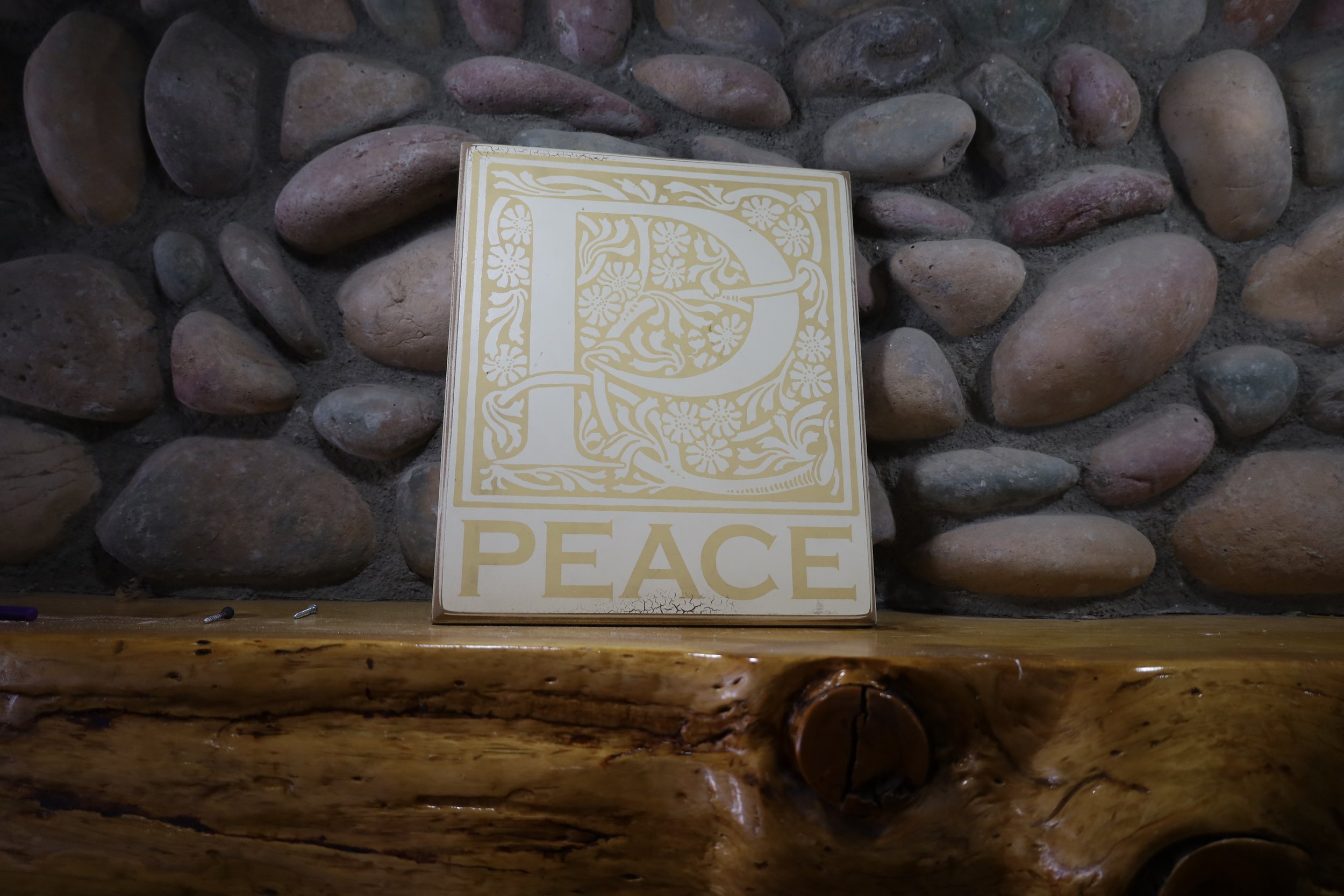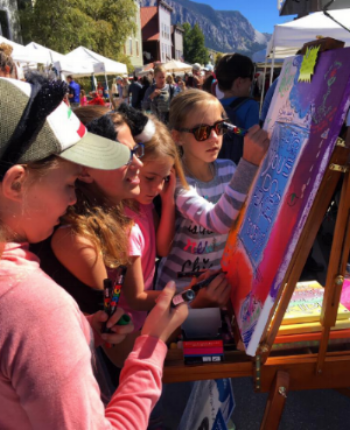About us
The Peace Museum Colorado, founded in 2017, is dedicated to fostering peace education by highlighting the lives and legacies of Peace Heroes. These individuals exemplify courage and selflessness, taking risks to benefit humanity and protect the environment. Through engaging exhibits and educational programs, the museum aims to inspire visitors to understand and embody the principles of peace, encouraging them to take action in their own communities. The museum serves as a powerful reminder of the impact that one person can make in the pursuit of a more harmonious world.
The Peace Museum Colorado is committed to promoting positive peace, emphasizing that peace is not only the absence of war but a proactive pursuit of harmony and understanding. The museum believes that everyone has the right to live in a world free from conflict. Through small steps and community projects, it aims to clarify the vision of peace and inspire action. Visitors are encouraged to reflect on what they can do for peace today, even dedicating just five minutes each day to fostering kindness, understanding, and positive change. By celebrating Peace Heroes and their contributions, the museum seeks to empower individuals to become peacemakers in their own lives and communities.
Join us at the Peace Museum Colorado for the inspiring Posters4Peace Exhibition (2025) — a powerful showcase of 25 selected posters created by artists who envision a more peaceful world. Through bold visuals and meaningful messages, these posters explore what peace means in today’s world — from global unity to inner calm. Hosted by Lishka Blodgett, this exhibition invites you to reflect, learn, and take action toward building peace in your community. Subscribe for more stories, interviews, and exhibits celebrating peace, creativity, and understanding.
Our Mission
Colorado Peace Museum is dedicated to researching and promoting stories of peace activism in Colorado and the world.
The Peace Museum Colorado is dedicated to advancing peace education through immersive exhibitions and inspiring narratives of Peace Heroes—individuals who have shown remarkable courage in the pursuit of justice, compassion, and environmental stewardship. Our mission is to create a space where stories of resilience and transformation come to life, encouraging visitors to reflect on their own capacity for positive change.
We facilitate cultural exchange by showcasing diverse perspectives and traditions, promoting understanding and unity among different communities. Through workshops, community events, and collaborative art projects, we aim to build connections and foster a sense of belonging.
The museum also provides opportunities for volunteering, empowering individuals to actively participate in peace-building initiatives. By documenting stories of peace and collaboration, we seek to highlight the ongoing efforts of local and global peacemakers.
We encourage brainstorming sessions that invite community members to generate innovative ideas for promoting peace, creating a platform for dialogue and action. By connecting with other peace organizations and activists, we strive to amplify our impact and cultivate a network of changemakers committed to creating a more peaceful world.
Through these efforts, the Peace Museum Colorado aspires to be a catalyst for understanding, kindness, and collective action, inspiring every visitor to take meaningful steps towards peace in their daily lives.
Definitions of Peace
What is “Peace” exactly?
As a Peace Museum we must of course explain our subject; “Peace”. While many people associate this word with the Hippie movements in the 70s and protests against the Vietnam War, it contains more then one might think. In general, political science differentiates between positive and negative peace. Negative Peace can be understood as a simple absence of war or armed conflicts. This definition focuses on the idea of tranquillity and non-violence in a society or between nations. It relies heavily on nations and supranational structures but often leaves out intrastate problems and personal aspects. Positive Peace on the other hand has a much wider definition. It contains aspects like:
Political Stability: Peace can be seen as a state of political stability where there is an absence of political violence, repression, or unrest, and where democratic processes are functioning smoothly.
International Cooperation: Peace can be understood as the result of diplomatic efforts and international cooperation to resolve conflicts peacefully and promote mutual understanding, respect, and collaboration among nations.
Social Justice and Equality: Peace can also encompass social justice and equality, where all individuals have access to their rights, opportunities, and resources, and where there is no discrimination or oppression based on race, gender, religion, or other factors.
Environmental Harmony: In a broader sense, peace can include environmental harmony, where there is a balance between human activities and the natural world, leading to sustainability and the preservation of ecosystems.
Cultural Understanding: Peace can involve cultural understanding and tolerance, where different cultures, religions, and beliefs coexist peacefully, respecting each other's diversity and differences.
Harmony and Serenity: Peace can also refer to a state of harmony and tranquillity within oneself or in a community. It involves inner calmness, emotional well-being, and the absence of discord or tension.
Inner Peace: At a personal level, peace can refer to a state of inner harmony, contentment, and fulfilment, where individuals are free from stress, anxiety, and inner conflicts.
Peace Museum Colorado promotes the definitions of positive peace. Peace is an individual concept, and every person must define for themselves, what peace means. With our museum we want to provide education and inspiration so that problems of all kinds are gathered under the label of “Peace”. Maybe then they are given the same kind of attention and being valued as high as preventing and waging wars.
We aim to promote a culture of peace in our families, communities and cultures through art, education and outreach.
The United Nations further describes a Culture of Peace as based on "respect for life, ending of violence and promotion and practice of non-violence through education, dialogue and cooperation;" "respect for and promotion of all human rights and fundamental freedoms;" the "commitment to peaceful settlement of conflicts;" "efforts to meet the developmental and environmental needs of present and future generations;" and "adherance to the principles of freedom, justice, democracy, tolerance, solidarity, cooperation, pluralism, cultural diversity, dialogue and understanding at all levels of society and among nations."







